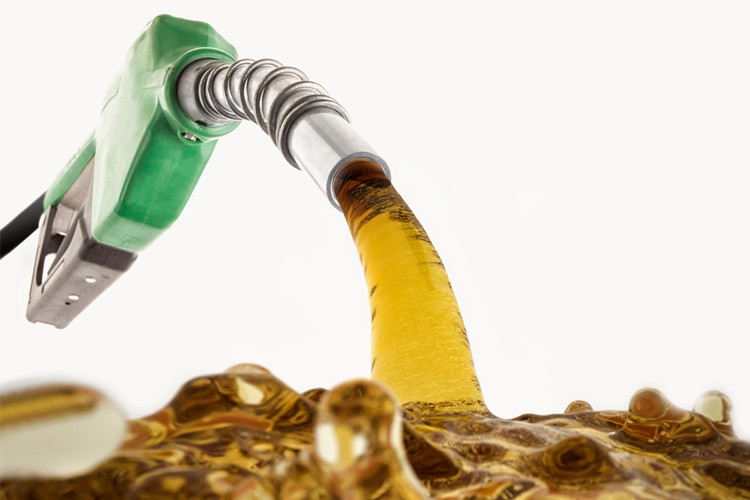
Six Types of Fuels Used in Today's Vehicles, and which one can you find in Iran
Today's vehicles run on a variety of fuels, some of which you probably aren't aware of. While it's true than the vast majority of vehicles run on gasoline, the technology to burn other fuels to meet our transportation needs does exist, with specific advantages and disadvantages for each.
- Gasoline
Gasoline or petrol is the most common fuel used in cars today. This specialized fossil fuel is designed for four-stroke engines like the ones found in common cars. Gasoline allows for quick starting, fast acceleration, easy combustion, and quiet operation.
- Diesel
Diesel fuel is widely used in transport vehicles such as tractor-trailer trucks, buses, boats, and trains. This fossil fuel is non-renewable. It contributes less carbon dioxide to the environment; diesel creates more organic compounds and nitrous oxide.
- Liquefied Petroleum
Liquefied petroleum, better known as propane, is a clean fuel alternative to gasoline that is used in common vehicles on a limited basis. You'll find hybrid cars that have been designed to use propane. Liquefied petroleum produces fewer toxins when burned and does not contribute to smog in the same way that diesel and gasoline do. Propane is also less expensive than gasoline.
- Compressed Natural Gas
Gas and diesel engines can be converted to run on compressed natural gas or CNG. CNG is a clear, odorless and non-corrosive gas that can be used in liquid or gas form to run a combustion engine. Vehicles fitted with a CNG fuel system can be expected to produce 80 percent less ozone-forming emissions than gasoline-burning cars.
- Ethanol
Ethanol is a biofuel alternative to gasoline that's made from the conversion of sugar cane, corn, barley, and other natural products. Ethanol has become popular as a fuel source because in most cases it's one of the only fuels that can fuel a gasoline engine without modifications. Many car models can run on ethanol, but it is more commonly used as an additive.
- Bio-diesel
Bio-diesel is a diesel substitute made from sugar beet, rapeseed or palm oil. Individuals sometimes make this substance by collecting used oil from restaurant fryers. Bio-diesel burns much cleaner than standard gas or diesel and produces far less carbon dioxide emissions when used.
The kind of fuel in Iran
There are three sorts of fuel: Petrol, Gas, Gas oil
- Petrol: there are two types of gasoline in Iran, gasoline and premium gas.
- Gas: In Iran, some cars are the hybrid car or dual-burned. They use CNG (compress natural gas) and many stations have it.
- Gas oil: This sort of fuel is used for diesel vehicles and it can find in the stations that are situated on the roads.